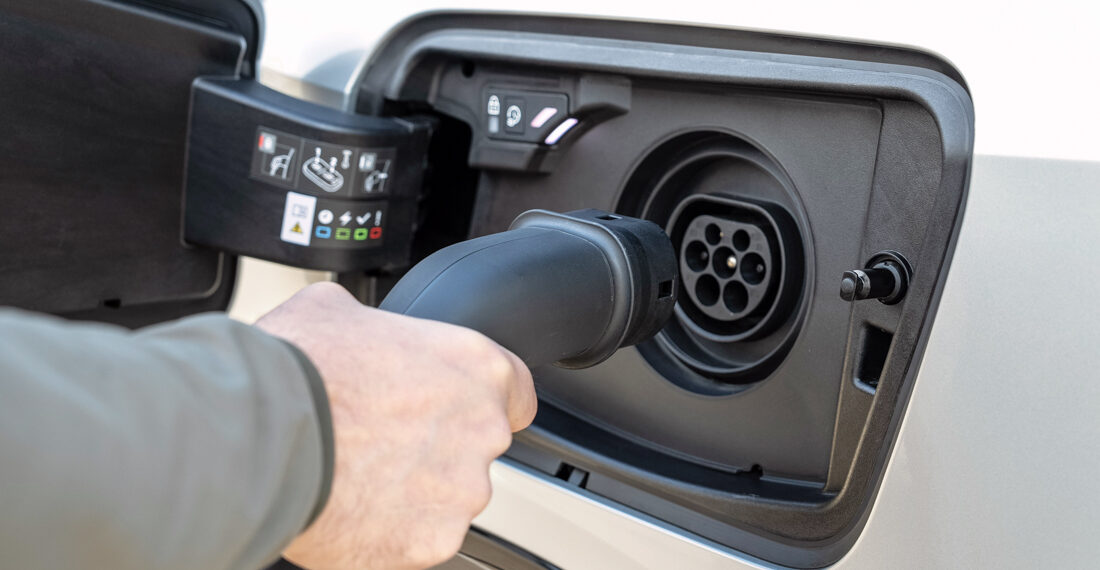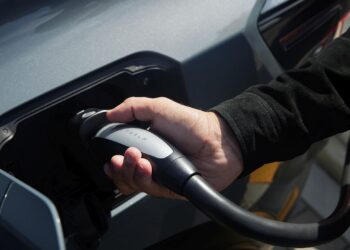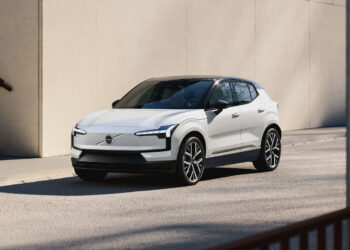More charging, more energy consumed, more users – in October, according to the National Charging Network (RNC), the strong growth rate of electric mobility in Portugal continued, with over 783,000 charging operations registered on the public network, representing a 39% increase compared to the same month in 2024. These charges were made by around 130,000 users, a growth of 46%, also compared to the same period last year, who consumed 17.5 GWh of electricity (+47%).
In the first 10 months of the year, the RNC recorded more than 7.2 million charging operations, which represented the supply of over 162,000 MWh of energy – increases of 47% and 60%, respectively, compared to the same period in 2024. The number of users is increasingly approaching 400,000, having surpassed the “barrier” of 390,000 in October (at this point, the growth is 58%).
The public infrastructure is also increasing very quickly, but at a slower pace than desired, as is the case across Europe. At the end of October, the RNC had 7,072 charging stations throughout the national territory, which represented about 13,250 battery charging points, of which 2,689 were fast or ultra-fast. Thus, by increasing coverage, accessibility and efficiency of the network are improved.
According to the same source, the environmental impact of the significant increase in demand for electric mobility is very positive. Just during October, the use of the RNC eliminated the emission of more than 14,000 tons of CO2; and, since January, it saved the consumption of over 48 million liters of diesel.
Currently, Portugal has an average of 124 charging points for electric vehicle batteries per 100 km of road, and 168 charging points per 100,000 inhabitants. This confirms the ongoing investment in the energy transition process in the field of mobility, making it increasingly accessible and green.










